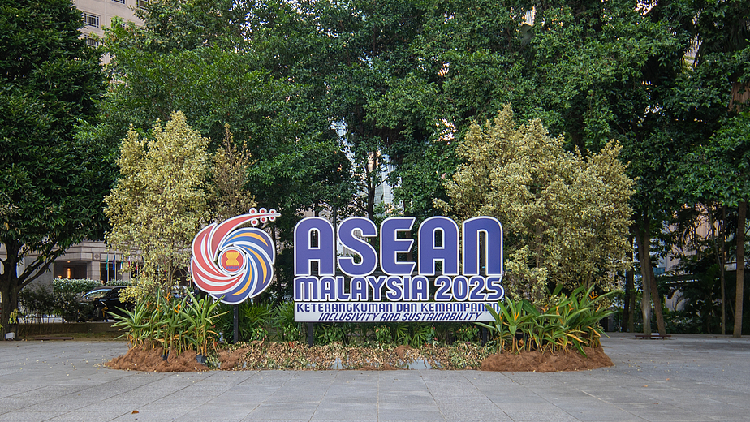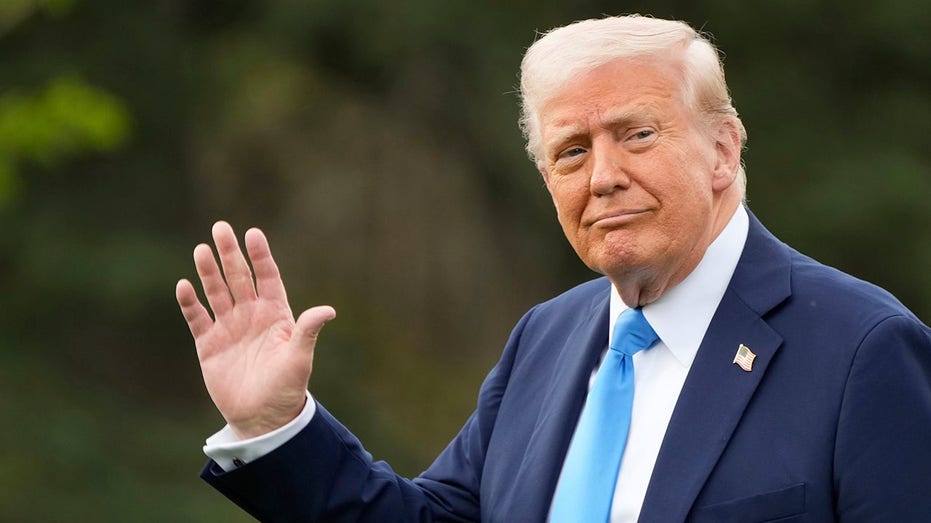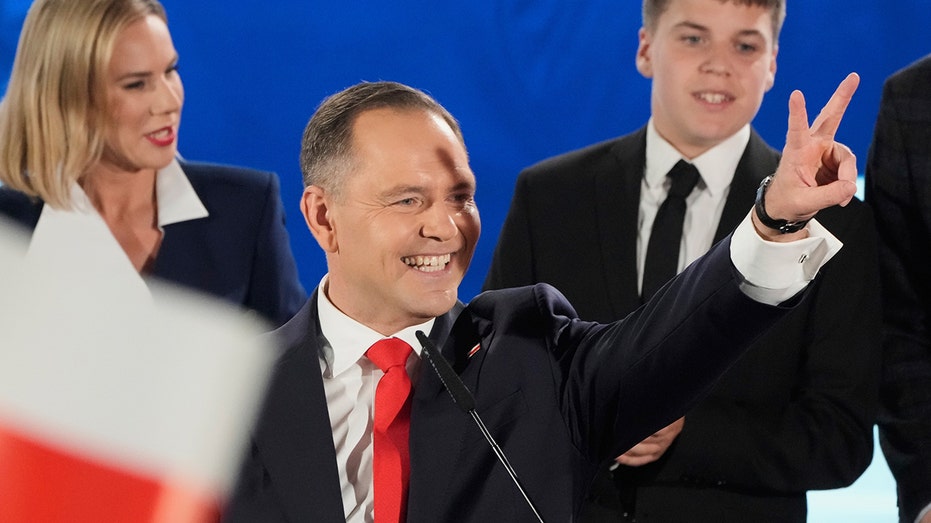ASEAN-China-GCC Summit Releases Landmark Joint Statement Promoting Regional Cooperation and Economic Growth
ASEAN, China, and GCC leaders unite in landmark summit to strengthen regional cooperation and economic ties.

Leaders from Southeast Asia, the Gulf Cooperation Council (GCC), and China met in Kuala Lumpur on May 27, 2025, for a landmark summit aimed at enhancing cooperation across economic, political, and social spheres. The meeting, held during the 46th ASEAN Summit in the Malaysian capital, culminated in a comprehensive joint statement outlining areas of agreement and future collaboration.
According to the statement, the three parties acknowledged their historical ties, affirmed shared values enshrined in the United Nations Charter, and underscored the importance of regionalism and multilateralism in addressing global challenges. The statement recognized ASEAN’s central role in regional architecture and highlighted the GCC’s contributions to stability and prosperity. China’s engagement in promoting peace and sustainable development was also explicitly appreciated.
A major focus of the summit was the ongoing conflict in the Middle East, particularly in Gaza. The leaders issued a strong call condemning attacks against civilians and urged all parties to implement a lasting ceasefire. They emphasized the need for unimpeded delivery of humanitarian aid and restoration of essential services in Gaza, urging respect for international humanitarian law, especially the Geneva Conventions. The statement also referenced the International Court of Justice’s advisory opinion regarding Israel’s presence in the occupied Palestinian territories, supporting further UN action to end what they called “the unlawful presence” as swiftly as possible.
Further, the summit participants expressed support for efforts to release hostages and detainees, and reaffirmed their commitment to a two-state solution based on pre-1967 borders and relevant UN resolutions. They acknowledged mediation efforts by Qatar and China’s recent facilitation of reconciliation among Palestinian factions, most notably through the Beijing Declaration on Ending Division and Strengthening Palestinian National Unity.
Beyond political matters, the joint statement detailed wide-ranging plans for deeper economic integration. Leaders agreed to foster collaboration for prosperity and sustainable development, with commitments to:
- Promote economic cooperation that leverages complementarities among the regions
- Reaffirm the centrality of the World Trade Organization in maintaining open trade
- Advance negotiations on free trade agreements, including upgrades to the China-ASEAN Free Trade Area and the China-GCC Free Trade Agreement
- Enhance industrial and supply chain resilience, especially in digital and green technologies
- Explore regional business councils and improved financial connectivity
- Take coordinated action against corruption
Connectivity was also identified as a priority, with leaders promoting high-quality infrastructure under the Belt and Road Initiative and the need for sustainable, seamless economic linkages, including maritime safety and digital platforms.
The summit addressed energy security, emphasizing a just and orderly transition in line with the Paris Agreement. Participants expressed a shared goal of stable and diversified energy markets, innovation in clean energy, and increased cooperation in technologies such as hydrogen, ammonia, and renewable sources. The statement committed to knowledge sharing, capacity building, and partnerships to enhance regional power grids and cross-border energy projects.
Digital transformation emerged as another common interest. The joint statement highlighted exploration of frameworks for the digital economy, including artificial intelligence, fintech, digital trade, and smart cities, along with support for digital literacy and skills programs.
In food and agriculture, the three parties agreed to advance sustainable practices, enhance food security, and promote cooperation in areas such as halal food standards and agriculture technology.
People-to-people exchange was singled out as a vital aspect of the trilateral relationship, with pledges to promote tourism, cultural exchange, educational programs, and youth engagement.
To implement these goals, ASEAN, China, and the GCC will utilize established mechanisms and mutually agreed activities. The statement noted a series of upcoming initiatives and summits—including the Asia Cooperation Dialogue Summit in Doha, ASEAN’s priorities for 2045, the ASEAN Power Grid, and several GCC-led forums on logistics, food security, and environmental issues.
The summit concluded with a reaffirmation of the participants’ commitment to unlocking the full potential of their partnership, aiming to deliver tangible benefits for citizens across their regions, and to realize a vision of a peaceful, prosperous, and equitable future.




